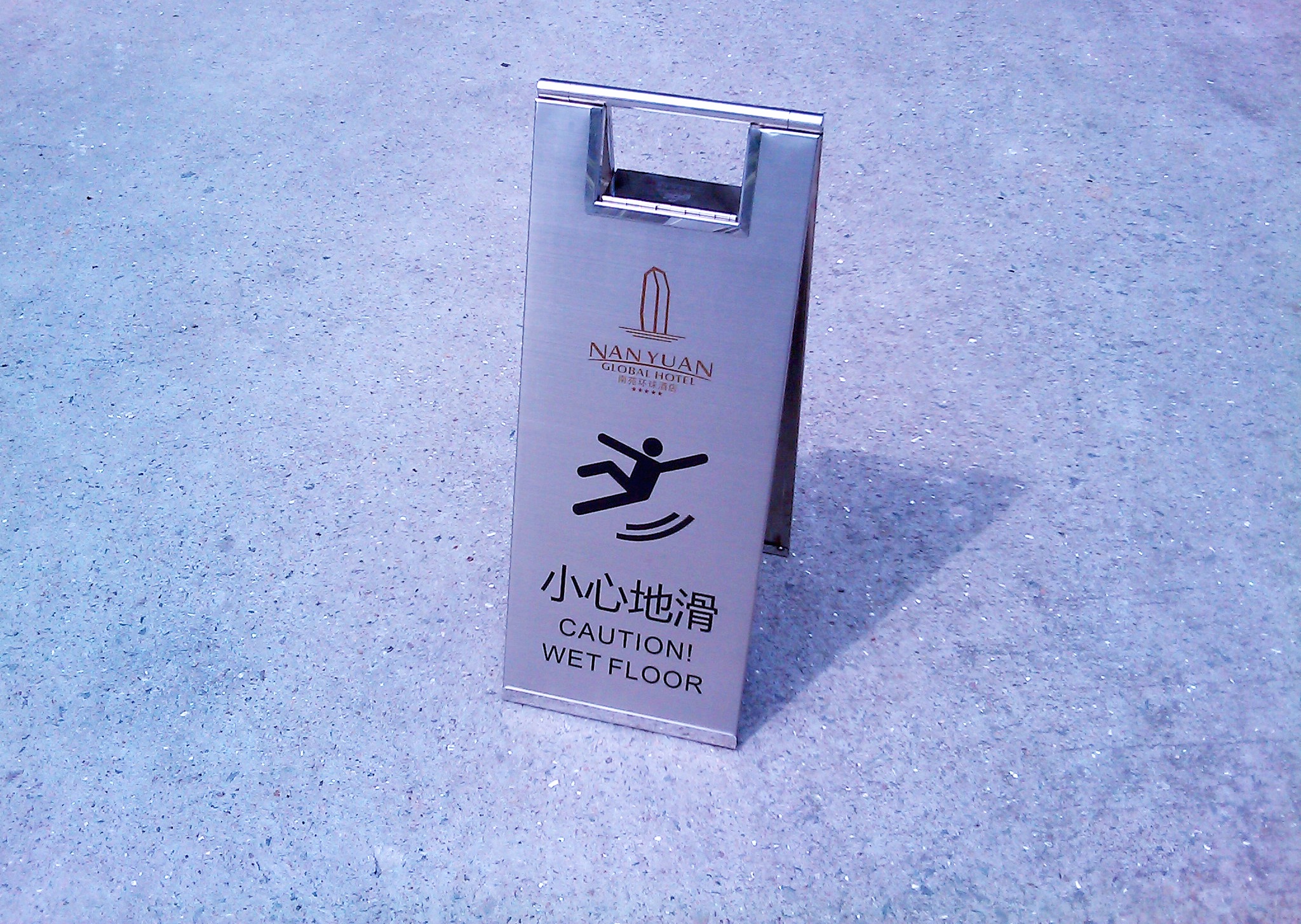 Losing a lawsuit can lead to frustration with your attorney, and you might contemplate pursuing a legal malpractice claim against them. However, it is crucial to comprehend the essential elements required to succeed in such a claim; otherwise, your case may face dismissal. The Klein v. Wynne lawsuit examines the importance of meeting all the requirements to prevail in a legal malpractice lawsuit and highlights the potential consequences of failing to do so.
Losing a lawsuit can lead to frustration with your attorney, and you might contemplate pursuing a legal malpractice claim against them. However, it is crucial to comprehend the essential elements required to succeed in such a claim; otherwise, your case may face dismissal. The Klein v. Wynne lawsuit examines the importance of meeting all the requirements to prevail in a legal malpractice lawsuit and highlights the potential consequences of failing to do so.
Leverette Klein hired lawyer Vincent Wynne Jr., who worked for Wynne, Goux & Lobello, to provide legal advice and services related to a foreclosure in St. Tammany Parish. Klein claimed he had an assignment of a mortgage note and money judgment recognized a mortgage for a property in Lacombe, Louisiana. Klein said he wanted Sandra Parnell, his ex-girlfriend, removed from the house. Klein told Wynne that Parnell had some of his movable property that she would not return. Wynne resolved the issue and tried to contact Klein to see if he wanted to pursue the foreclosure. Klein claimed that Wynne did not contact him, whereas Wynne claimed Klein was unresponsive.
Klein fired Wynne as his attorney and hired another attorney. He then learned he would be unable to recover for the mortgage on the property because it was not timely revived under the ten-year period under La. C.C. art. 3501. Leverette Klein brought a legal malpractice against Vincent Wynne Jr., the law firm Wynne, Goux & Lobello, and their insurer, Greenwich Insurance Company. Klein claimed that because of Wynne or his law firm’s failure, he could not foreclose his property and sustained damages. The trial court found that the assignment of the mortgage note was unenforceable when Klein had hired Wynne, so Klein had not proved he had suffered any damages. The trial court dismissed Klein’s legal malpractice claims. Klein appealed the trial court’s judgment.
 Navigating bureaucracy and red tape is a common experience when dealing with government agencies and trying to obtain workers’ compensation benefits. However, if you find yourself frustrated by what seems like an improper requirement, you might be able to challenge an administrative agency’s actions as exceeding its authority, as Calvin Arrant did here.
Navigating bureaucracy and red tape is a common experience when dealing with government agencies and trying to obtain workers’ compensation benefits. However, if you find yourself frustrated by what seems like an improper requirement, you might be able to challenge an administrative agency’s actions as exceeding its authority, as Calvin Arrant did here.  Insurance Dispute Lawyer Blog
Insurance Dispute Lawyer Blog



 In the event that you find yourself in the challenging position of pursuing a medical malpractice lawsuit against your doctor, the presence of an expert witness becomes paramount. Such a witness is instrumental in establishing the negligence of your treating physician. A recent case originating from the Parish of East Baton Rouge sheds light on the specific qualifications required for expert witnesses in medical malpractice cases and the circumstances in which their testimony may be deemed unnecessary. Join us as we delve into this notable court ruling, which clarifies the vital role of experts and the instances where their expertise may be exempted.
In the event that you find yourself in the challenging position of pursuing a medical malpractice lawsuit against your doctor, the presence of an expert witness becomes paramount. Such a witness is instrumental in establishing the negligence of your treating physician. A recent case originating from the Parish of East Baton Rouge sheds light on the specific qualifications required for expert witnesses in medical malpractice cases and the circumstances in which their testimony may be deemed unnecessary. Join us as we delve into this notable court ruling, which clarifies the vital role of experts and the instances where their expertise may be exempted. Personal injury cases are notorious for their intricate nature, often posing challenges in determining fault and establishing liability. Complications escalate further when discrepancies arise regarding the facts surrounding the incident. When blame is uncertain, and parties refuse to accept responsibility, the legal landscape becomes increasingly convoluted.
Personal injury cases are notorious for their intricate nature, often posing challenges in determining fault and establishing liability. Complications escalate further when discrepancies arise regarding the facts surrounding the incident. When blame is uncertain, and parties refuse to accept responsibility, the legal landscape becomes increasingly convoluted.  Mardi Gras, a time of joyous celebration, took an unexpected turn for a store near a French Quarter hotel when a sprinkler head malfunctioned, resulting in significant water damage. Despite the storeowner’s insurance covering the damages, a lawsuit ensued to determine the hotel’s liability for the losses incurred. This case highlights the complexities of determining responsibility and legal remedies in property damage cases, emphasizing the importance of seeking legal counsel to navigate such situations effectively.
Mardi Gras, a time of joyous celebration, took an unexpected turn for a store near a French Quarter hotel when a sprinkler head malfunctioned, resulting in significant water damage. Despite the storeowner’s insurance covering the damages, a lawsuit ensued to determine the hotel’s liability for the losses incurred. This case highlights the complexities of determining responsibility and legal remedies in property damage cases, emphasizing the importance of seeking legal counsel to navigate such situations effectively. Losing a lawsuit can lead to frustration with your attorney, and you might contemplate pursuing a legal malpractice claim against them. However, it is crucial to comprehend the essential elements required to succeed in such a claim; otherwise, your case may face dismissal. The Klein v. Wynne lawsuit examines the importance of meeting all the requirements to prevail in a legal malpractice lawsuit and highlights the potential consequences of failing to do so.
Losing a lawsuit can lead to frustration with your attorney, and you might contemplate pursuing a legal malpractice claim against them. However, it is crucial to comprehend the essential elements required to succeed in such a claim; otherwise, your case may face dismissal. The Klein v. Wynne lawsuit examines the importance of meeting all the requirements to prevail in a legal malpractice lawsuit and highlights the potential consequences of failing to do so. Experiencing termination from your job is a difficult situation, especially when it feels unjust. Scott Poiencot faced this unfortunate circumstance when he was terminated from his position as a police officer in the
Experiencing termination from your job is a difficult situation, especially when it feels unjust. Scott Poiencot faced this unfortunate circumstance when he was terminated from his position as a police officer in the  Everyone knows that evidence is an essential part of winning any lawsuit. However, how do you go about finding relevant evidence? If you are involved in a lawsuit, you are entitled to discovery to obtain information pertinent to your claims and help defend yourself. However, discovery is not limitless. Instead, numerous restrictions are imposed to ensure that parties cannot go on fishing expeditions. It is essential to understand these restrictions, especially when seeking information involving personal data such as medical records.
Everyone knows that evidence is an essential part of winning any lawsuit. However, how do you go about finding relevant evidence? If you are involved in a lawsuit, you are entitled to discovery to obtain information pertinent to your claims and help defend yourself. However, discovery is not limitless. Instead, numerous restrictions are imposed to ensure that parties cannot go on fishing expeditions. It is essential to understand these restrictions, especially when seeking information involving personal data such as medical records.  Filing a claim in court requires careful consideration of the appropriate time frame, as it can significantly impact the success of a lawsuit. This is particularly crucial when dealing with actions such as false arrest and false imprisonment, where prescription periods play a significant role.
Filing a claim in court requires careful consideration of the appropriate time frame, as it can significantly impact the success of a lawsuit. This is particularly crucial when dealing with actions such as false arrest and false imprisonment, where prescription periods play a significant role.  Bringing a lawsuit against one’s employer can be a daunting prospect, particularly when fears of retaliation loom large. However, it is essential to recognize that federal law offers safeguards to employees who pursue legal action under Title VII, including cases involving claims of sexual harassment. By delving into the provisions outlined in
Bringing a lawsuit against one’s employer can be a daunting prospect, particularly when fears of retaliation loom large. However, it is essential to recognize that federal law offers safeguards to employees who pursue legal action under Title VII, including cases involving claims of sexual harassment. By delving into the provisions outlined in  Divorce, though unpleasant in the short term, allows families to rearrange their relationship to better serve the interests of all parties. One primary consideration in any divorce is the children. The children’s health, safety, and well-being becomes a key concern for both the families and the courts when a family enters into a divorce. When parents get divorced, the court determines who assumes the tutorship of the child. The parent who is awarded this tutorship assumes all of the rights and responsibilities of raising the child, including the right to file a lawsuit in the child’s name.
Divorce, though unpleasant in the short term, allows families to rearrange their relationship to better serve the interests of all parties. One primary consideration in any divorce is the children. The children’s health, safety, and well-being becomes a key concern for both the families and the courts when a family enters into a divorce. When parents get divorced, the court determines who assumes the tutorship of the child. The parent who is awarded this tutorship assumes all of the rights and responsibilities of raising the child, including the right to file a lawsuit in the child’s name.